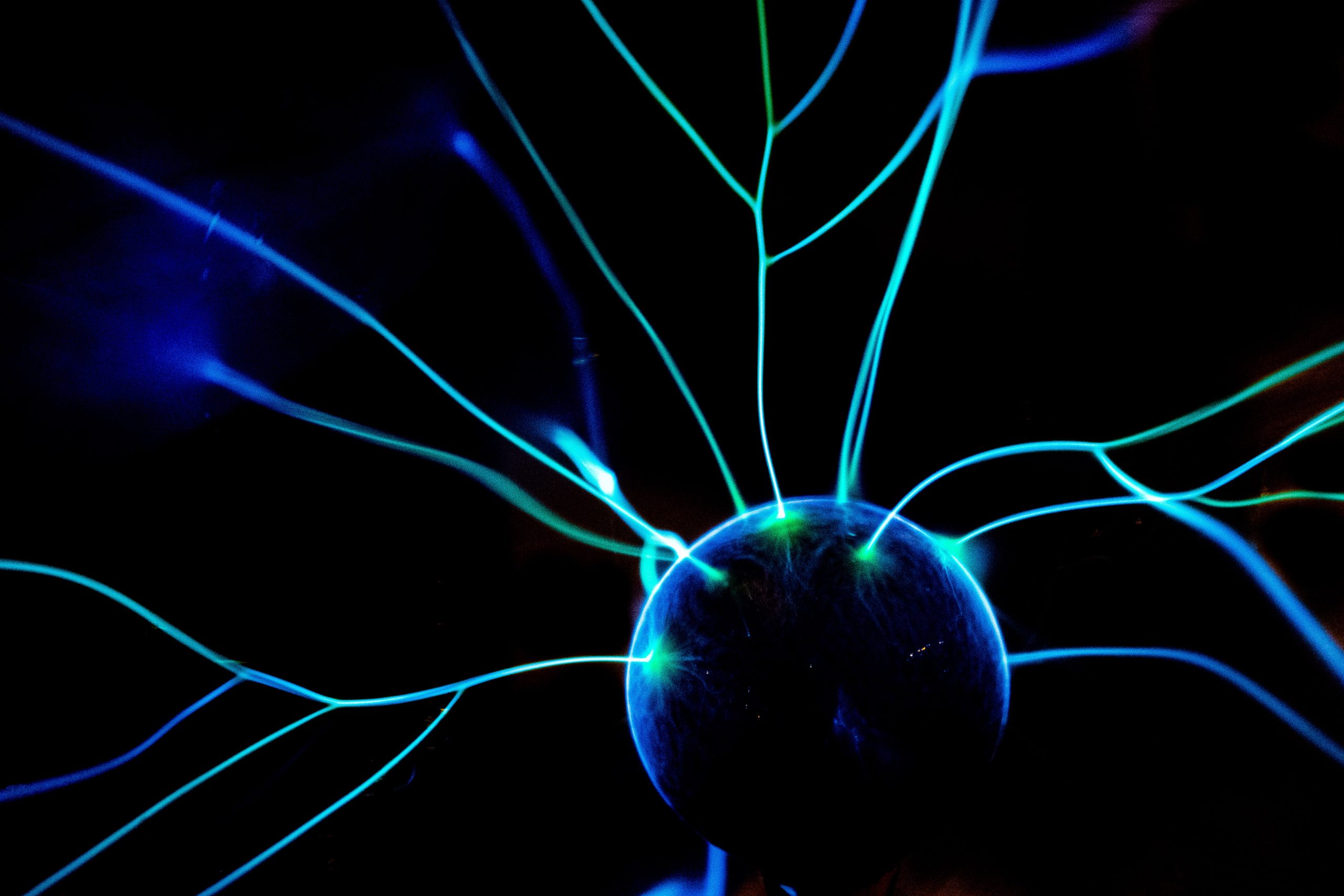Why Was Neurohealth Developed?
By Allen Gee
Edited by Alannah Gee
Improving healthcare has been my life’s work; and I’ve done so by pursuing and integrating impactful innovations into my neurological practice. Neurohealth is what has emerged: preventative, integrative, personalized, and precise approach to neurological care.
I have seen the direct impact that this approach can have for developing full body health, guided by the regulation and health of the nervous system. It is now my mission to continue to build and share Neurohealth to help improve the lives of as many people as possible.
Filling a Gap in Healthcare
Traditional healthcare in the US has largely failed so many. It can be inaccessible, expensive, and ineffective. Historically, US healthcare has treated symptoms rather than the root causes of dis-ease. Mental care is an even more alarming case as it treats depression, anxiety, and other mental illnesses as symptoms, targeting them with medications designed to help only as long as you are on them, building reliance instead of resilience. Considering the rise in incidence of mental symptoms, especially post COVID, we must find ways to do better. Our older population deserves better structures to support resilient aging, our middle aged population deserves resources to reclaim and learn to love their lives, and our youth need more care to understand and see the world as a place worth living in.
Neurohealth is a system designed to provide the care and build the resilience that our society so desperately needs. It empowers individuals through providing information and a care plan that is aligned with the individual’s health goals. Neurohealth is poised to optimize the health of their nervous system for maximum, deep, and structural health. The nervous system is a perfect place to target full body wellness as it is the interface between our external and internal worlds. The nervous system is everywhere in your body, as are the immune and endocrine systems, and the brain is the conductor of the orchestra of survival.
Regulation and Dysregulation
When the nervous system is functioning optimally we are able to interface with reality in a controlled, positive manner, responding appropriately when there are threats and maintaining regulation when there are not. In events where the mechanism for balancing regulation and dysregulation is affected and an individual experiences chronic dysregulation, the system is suddenly wired for disease. Stress and trauma are events that result in disproportionate dysregulation. Considering that we are living in a society where stress is expected, dysregulation impacts every person.
I see, every day and with every patient, the manifestations of a dysregulated nervous system through memory complaints, poor sleep, pain both physiological and emotional, headaches, inflammation, strokes, and more. Dysregulation is far from just a patient issue. Stress and anxiety are not simply results of stigmatized “mental health.” They are symptoms of chronic dysregulation.
When the nervous system is dysregulated, the basic physiologies of survival are impaired. Our systems still function, but they do not function optimally, resulting in increased symptoms and illnesses. We see the impacts of this play out in our health and also everyday in sports, business, and our personal relationships. When we are operating in a dysregulated nervous system we are directly limiting our own potential.
Power of Neurohealth
Fortunately, there are ways in which we can re-learn, un-learn, re-train, re-regulate and heal the nervous system. This is the process of Neurohealth. We work to understand the individual dysregulation profile, based on digital tests, family and health histories, -omics, sleep nutrition and mindfulness. This profile helps us understand and target the instances of dysregulation, helping patients move away from all that is actually triggering nervous system responses and simultaneously identifying the ways in which their system is currently wired to respond. Then, through the implementation of health plans and accessible technologies, we are able to support the rewiring process of the nervous system.
A society that recognizes and attends to the health of their nervous system is a healthier society, one that does not need to go to the doctor as much, one where everyone is empowered and excited to live life and care for the world around them.
As I developed and implemented this approach to care in the tens of thousands of patients I already see for various neurological diseases, I have seen vast increases in their resiliency and overall health. While I am proud of this development, I am equally frustrated by the limited reach it has known thus far. The work of my practice now is to leverage technological innovations and increase education to help this approach transform the lives of as many people as possible. There is immense work to be done and immense possibility paired with that work.
Neurohealth is the future of healthcare.
In a day and age where so many are overwhelmed with dysregulated nervous systems, we can help.





